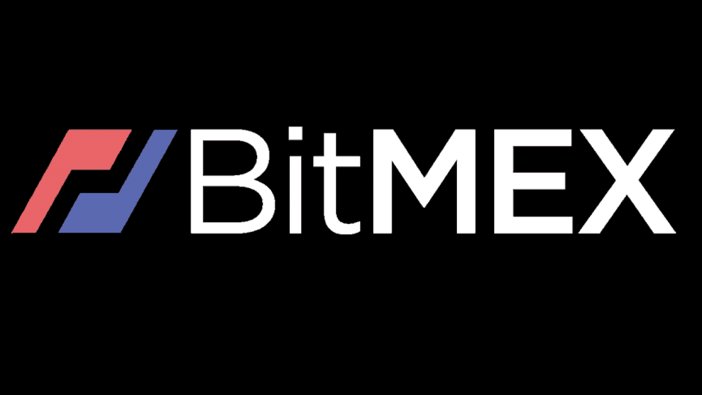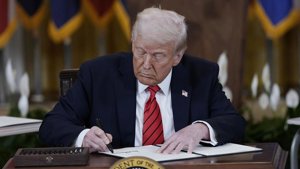
Trump Pardons BitMEX Founders
United States President Donald Trump has issued pardons to the three co-founders of cryptocurrency trading platform BitMEX, according to reports. The presidential action, made official on Thursday, clears Arthur Hayes, Benjamin Delo, and Samuel Reed of their 2022 convictions under the Bank Secrecy Act.
The three had been charged with failing to implement proper anti-money laundering controls on the BitMEX platform, a violation that drew significant attention from regulators. All three co-founders pleaded guilty to the charges and agreed to pay $10 million each in fines. Their sentences varied: Samuel Reed, BitMEX's former Chief Technology Officer, was given 18 months of probation. Benjamin Delo, the platform’s former Chief Operating Officer, received 30 months of probation. Arthur Hayes, who served as CEO, was sentenced to six months of home confinement and two years of probation.
Trump’s decision to pardon the trio signals a dramatic shift in how his administration is addressing certain financial crimes, particularly those tied to the fast-evolving cryptocurrency sector. While the White House has not yet issued an official statement detailing the rationale behind the pardons, sources suggest the decision aligns with Trump's ongoing criticism of what he refers to as political prosecutions stemming from the prior administration.
The pardons come shortly after another controversial move by President Trump, in which he pardoned Trevor Milton, the founder of electric truck startup Nikola. Trump defended that decision by stating that Milton “did nothing wrong” and had been unfairly targeted by the previous administration in part due to his political support for Trump.
Observers note that these high-profile pardons may indicate a broader pattern of clemency targeting individuals from sectors such as tech and finance, especially those who have expressed alignment with Trump’s policies or endured prosecution during earlier political leadership.
The decision is expected to generate significant reaction from both legal experts and financial regulators, many of whom have warned about the need for accountability in the cryptocurrency space. Critics may view the pardons as undermining enforcement efforts, while supporters argue it reflects a needed reassessment of prosecutorial priorities in emerging financial technologies.
With these actions, President Trump continues to reshape how justice is administered in high-profile financial cases, raising new questions about executive clemency and its role in regulating innovation-driven sectors.






